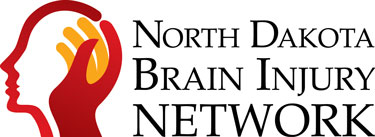Brain Injury Screening
Brain injury is often called a silent epidemic because many of the problems that result from a brain injury are not always readily apparent and frequently not identified.
Not everyone realizes they have a brain injury; even when the symptoms are chronic and impact their daily lives. Individuals may never connect the problems they are dealing with may be due to a blow to the head – even one that occurred years earlier.
Studies have demonstrated that hidden brain injury is a contributor to increases in homelessness, involvement with the criminal justice system, substance use, and mental health disorders.
When brain injuries are not identified, symptoms may be inappropriately attributed to other health or behavioral conditions. When this occurs, appropriate treatment and symptom management are missing.
Establishing brain injury screening can help in seeking appropriate services and supports for individuals. This can also help prevent unnecessary hardships for those who are struggling with loss of ability and growing frustrations that can lead to additional health problems. To address this issue, the North Dakota Brain Injury Network (NDBIN) has developed a screening process for community-based providers and individuals.
Services Roadmap
North Dakota residents that identify as having a potential brain injury are eligible for NDBIN services.
- Referral Services
- NDBIN (or trained agency) will implement a brain injury screening
- If positive screen – continue with symptom inventory to help determine symptoms most impacting the survivor
- Sign appropriate releases of information
- Continue with support services from NDBIN
- If you want to receive a formal diagnosis, get a referral from your primary provider for a neuropsychological battery
For More Information
If you would like to learn more about how to implement brain injury screening at your organization or would like to be screened, contact Carly Endres, Senior Project Coordinator, at carly.endres@und.edu or (701) 777-4008.
